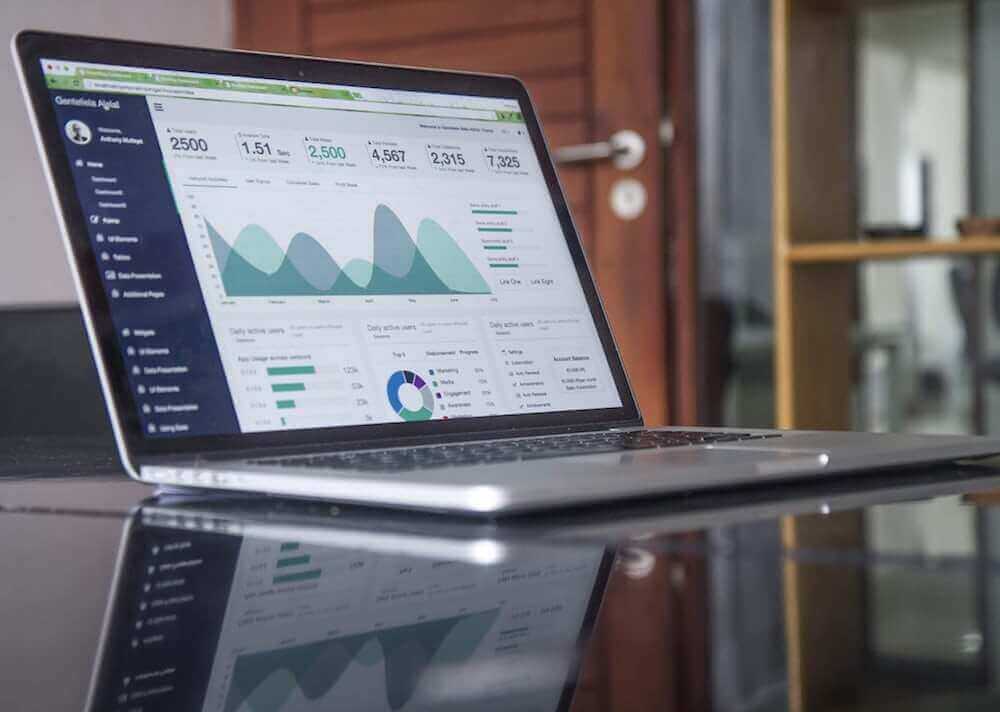Web Site Speed And Performance Optimization
Building a successful website requires more than the ability to deliver high-quality content, products, and services. Knowing how to present your business online while optimizing your site’s speed and performance is essential, especially when you are building your brand in a highly competitive market.
Why Does Site Speed Matter?
Improving your website’s speed can drastically increase your site’s online visibility, usability, and conversion rates when you are selling products or services. When a user attempts to visit your website but is unable to do so within seconds or without your website timing out, they are more likely to seek an alternative website for the information or products they are seeking.

Bounce Rate
A website that loads too slow or not completely is more likely to have a higher bounce rate than competing websites in similar industries. The bounce rate of a website is the percentage of users who leave the website after only viewing the homepage or page they landed on when directed to the site. Oftentimes, bounce rates are drastically higher among websites that are not optimized for performance and speed, yet still attempt to provide plenty of information and other heavy media that requires additional loading time.
Test The Speed Of Your Website
Testing and knowing your website’s current speed is essential before you begin searching for a new web host or provider. Testing your site speed is not only possible within a few minutes, but it is also free and accessible via multiple online resources. Some of the most notable website speed testers online include:
PageSpeed Insights (Google): Google PageSpeed Insights is a complex and robust tool that provides valuable insight into the overall speed and optimization of your current website. In addition to sharing your website’s current speed, Google PageSpeed Insights also provides tips and recommendations to better optimize your website’s content and information. Google PageSpeed Insights is currently available for both desktop and mobile devices.
YSlow: YSlow collects data and usage statistics to share your site’s current speed and performance to you in less time. Learn how to better optimize your website and its content with YSlow.
Pingdom: Pingdom Tools is a robust solution that provides in-depth information regarding your site’s current speed while keeping thorough records of its past performance data. Pingdom is free to use but also offers a premium version with additional features.
Search For A New Web Host
If you believe your current web host is the culprit of your slow loading times and problematic website performance, consider searching for a new hosting provider that suits your site’s needs. When searching for a website host, seek out a provider that ensures a 99.9% uptime guarantee. Uptime guarantees less than 95% often mean that your website is much more likely to experience unnecessary timeouts or slow loading speeds, especially during peak traffic times each day.
If you have plans to utilize a CMS such as WordPress, Drupal, or Joomla, search for a web host that specializes in the performance of CMS-based websites. Some web hosts strictly manage CMS-based websites, ensuring you the fasted loading speeds possible without disrupting the overall performance of your website, regardless of the amount of online traffic you receive.
Once your website begins receiving regular traffic or higher volumes of traffic, consider utilizing a dedicated web host, a VPS (Virtual Private Server) or cloud hosting that is dedicated to optimizing site speed and performance.
Optimize Your Website's Images
Optimizing your website’s images and other uploaded media is extremely important, especially if you are using a shared hosting solution. Ensure your website images are not oversized. Save your image files as .JPG, .GIF, or .PNG using a program such as Adobe Photoshop (or another free online resource). Avoid using full-sized images if you are manually shrinking them within your content or website’s layout.
Use Website Caching
Website caching allows users with the ability to save design details of your website that are involved in the foundation of its layout. Each time the same user revisits your website, it will load faster without requiring additional waiting or the use of your server’s resources. Enabling website caching is possible if you are a professional web developer or if you have chosen to use a CMS solution such as WordPress. CMS solutions such as WordPress provide an easily accessible administrative panel to enable caching with just a few clicks.
Use A Mobile-Friendly And Responsive Website Layout
Maximizing your site’s online reach is much easier when you choose to use a mobile-friendly and responsive layout for your website. More users than ever browse the internet via mobile phone or while using a tablet device. A mobile-friendly and responsive website layout is less likely to cause lag or timeouts when users attempt to visit your site.

Reduce The CSS And Stylesheets Used For Your Website
Reducing the overall file size of your CSS (Cascading Style Sheet) can drastically improve the loading time and performance of your website. Minimize your website’s CSS file by condensing it into one single file. Ensure the CSS modifiers you use are optimized and condensed to meet the current CSS release.
Use Optimization Plugins
Using website optimization plugins also help to boost a site’s loading speed and its overall performance. When you choose to use a CMS solution such as WordPress, Drupal, or Joomla, search for optimization plugins that help boost a website’s SEO while providing you with valuable metrics and analytic reports on your current website speed and performance. Solutions such as WordPress are known for providing thousands of both free and paid plugins that are ideal to help with boosting your website’s loading speed and performance for all visitors, even those who are viewing your website for the first time.
Optimize Your Website's SEO
Using the same SEO (search engine optimization) techniques and methods throughout all of your website’s pages is extremely valuable. Optimizing your website’s SEO with the same format and without additional and unnecessary coding is a way to improve your site’s speed while also preventing the risk of user lag or timeouts.
Understanding the significance of your website’s speed and performance optimization is necessary whether you are promoting a new startup or an existing company in your local community. Having the ability to deliver information, products, and services within seconds is essential to maximize your online reach without the risk of losing the opportunity to gain potential followers or customers each time an individual visits your site for the first time.







